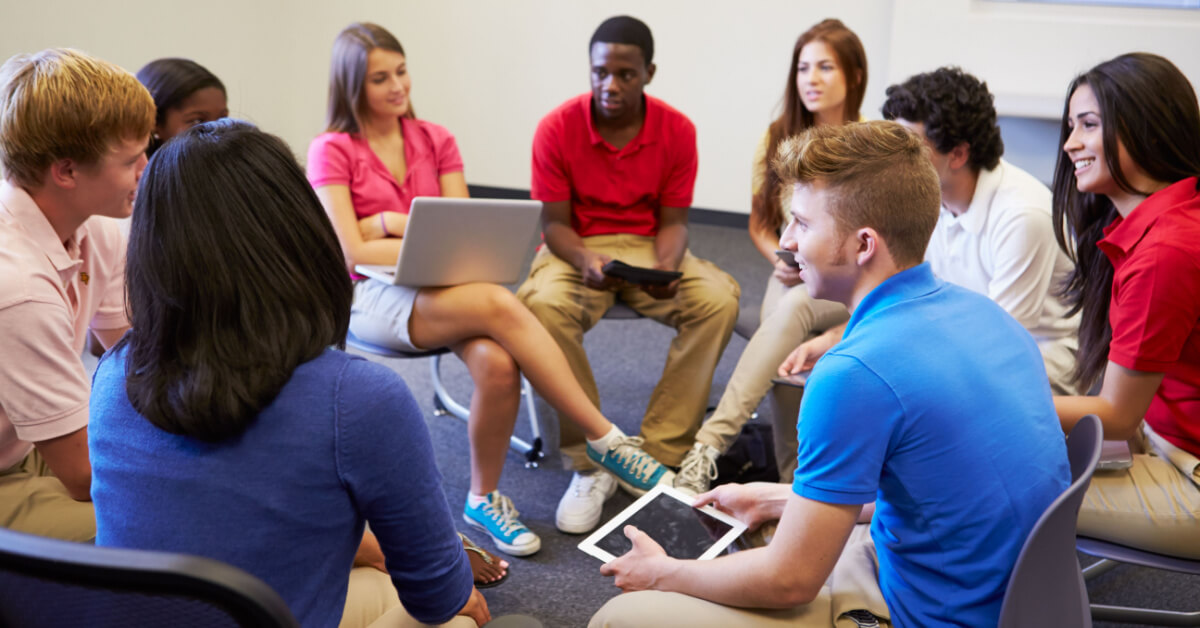March 7, 2023
You must have heard about the debacle with the AP African American History class. Rest assured, I am not going to rehash it. Instead, this wholly predictable episode (given the fraught intersection of race and the current political landscape) reveals part of what is wrong with the current industrial model of education: the emphasis on testing knowledge acquisition. The real question is: How is it that the billion-dollar business model of a private company, which exists to make money ranking and sorting our students, is not inspiring more outrage in the 21st century when AI can reproduce the answers since the approach is about the breadth of coverage? Just to be clear, I am not rejecting the AP African American History class; instead, my question is: Why is the race to cover information still so much the focus of education?
Knowledge acquisition, even if the face of the potential disruption ChatGPT raises, is still largely accomplished through content regurgitation. Why do we need students to reproduce content that can be found using Google search, Wikipedia, YouTube, even TikTok, and now ChatGPT? If the answer can be found using any of these tools,…


